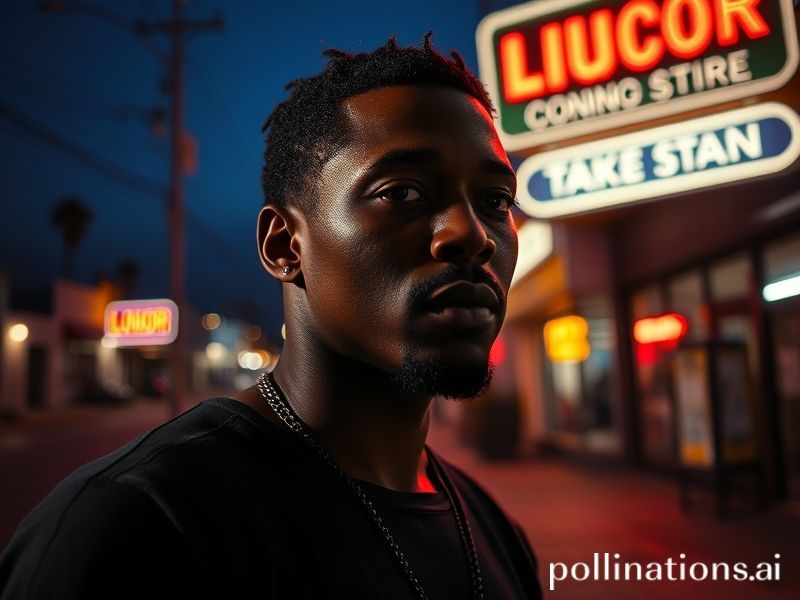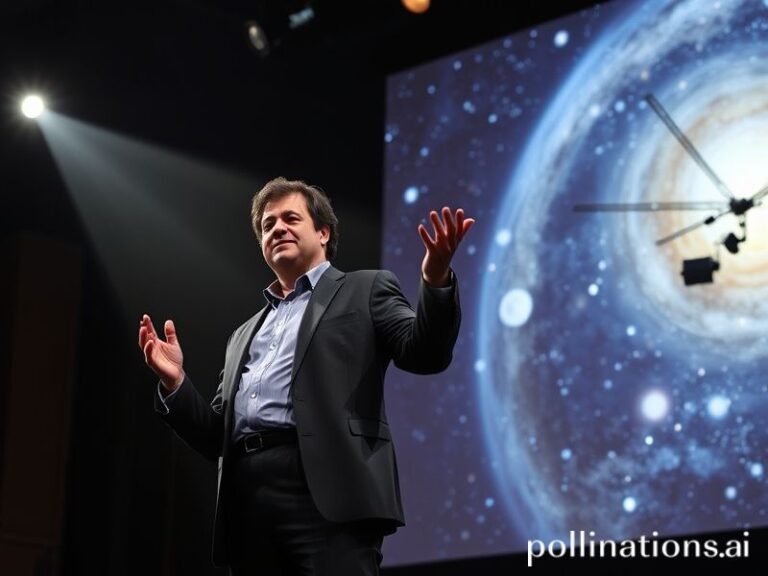Kendrick Lamar’s Global Takeover: How Compton’s Trauma Became the World’s Anthem
**Kendrick Lamar: The Pulitzer Prize-Winning Prophet from Compton Who Terrifies Dictators**
*From the barrios of Bogotá to the banlieues of Paris, one man’s trauma becomes everyone’s anthem*
The first time a Kenyan taxi driver in Nairobi asked if I’d heard “Alright,” I realized Kendrick Lamar had accomplished what American foreign policy never could: convincing the world that black Americans might actually survive their own country. This revelation came somewhere between dodging matatus and explaining why Americans shoot their own citizens with such reliable frequency—a conversation that, ironically, makes perfect sense to people who’ve survived actual civil wars.
Kendrick Lamar Duckworth, the soft-spoken prophet from Compton’s killing fields, has become something his gangbanging neighbors never anticipated: a global export more powerful than Boeing, more influential than Harvard, and considerably cheaper than both. While America debates whether healthcare is a human right, the rest of the world has already decided that Lamar’s trauma is universal healthcare for the soul—side effects include sudden awareness of systemic oppression and uncontrollable head-nodding.
In Brazil’s favelas, where police helicopters circle like vultures over a corpse that hasn’t stopped moving yet, “We gon’ be alright” isn’t just a chorus—it’s a survival mechanism. Brazilian kids who’ve never seen Compton recognize its geography of violence instantly; they’ve mapped their own nightmares onto his. The irony that America’s most exported cultural product is its own failure isn’t lost on anyone except, apparently, Americans themselves.
From Seoul to Stockholm, Lamar’s intricate wordplay translates across languages that shouldn’t understand him. Japanese kids who can’t pronounce “Compton” somehow feel the weight of generational poverty in their bones. French philosophers—those professional overthinkers—have written approximately 47,000 papers on “To Pimp a Butterfly,” each more unreadable than the last, proving that academia can ruin anything, even perfect art.
The global elite, those Davos-dwelling lizards who’ve never met a problem they couldn’t monetize, have discovered that playing “Alright” at their diversity conferences provides excellent cover for continued exploitation. Nothing says “we care about black lives” quite like using protest music to sell smartphones assembled by suicidal factory workers in Shenzhen. Lamar’s lyrics about survival become background music for the very systems that make survival necessary—capitalism’s most impressive magic trick since it convinced the poor that being poor was their fault.
In the Middle East, where America’s freedom exports have historically arrived via drone strike, Lamar represents a different kind of American intervention—one that actually asks permission before entering your consciousness. Palestinian youth blast “The Heart Part 5” while dodging actual heart-seeking munitions, finding strange solidarity with a man from a place they’ve never seen but somehow know intimately. The universal language of being hunted by your own government needs no translation.
China, ever the efficient authoritarian, has banned him periodically, proving that even the world’s most sophisticated surveillance state fears one man with a microphone and something real to say. Nothing terrifies power quite like truth wrapped in irresistible rhythm—it’s why dictators burn books but dancers keep moving.
What makes Lamar globally significant isn’t his technical prowess or his Pulitzer—though both help—but his uncomfortable reminder that America’s greatest innovation isn’t democracy or freedom or even those weapons we keep gifting to schoolchildren. It’s the ability to transform suffering into something beautiful enough that even those causing the suffering will pay to consume it. The ultimate American trick: selling your oppression back to you at $14.99 per album, plus streaming fees.
As climate change accelerates and democracy retreats and the oceans rise to meet us all, Kendrick Lamar’s voice echoes through the apocalypse, reminding us that we might—against all evidence and historical precedent—actually be alright. Or not. But at least we’ll have a soundtrack for the end times, and really, isn’t that what separates us from the dinosaurs? They died without beats.







